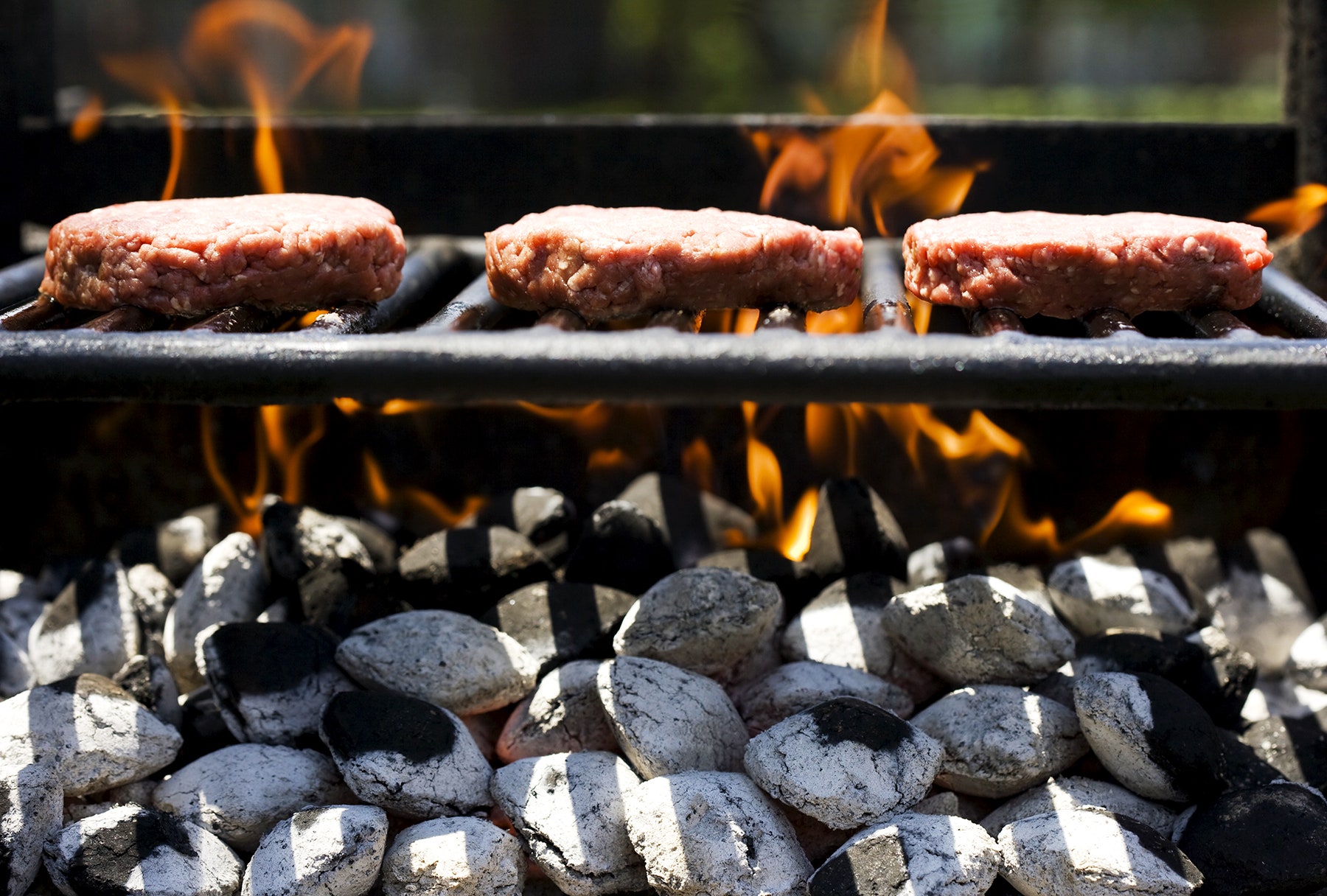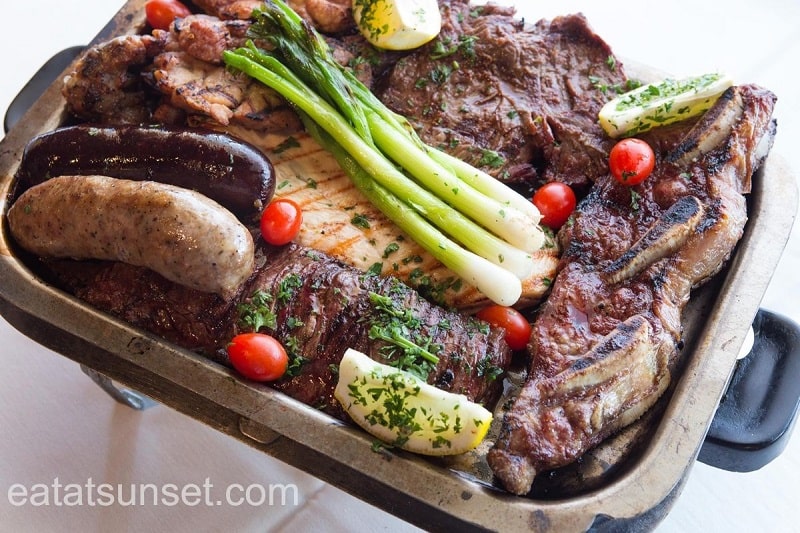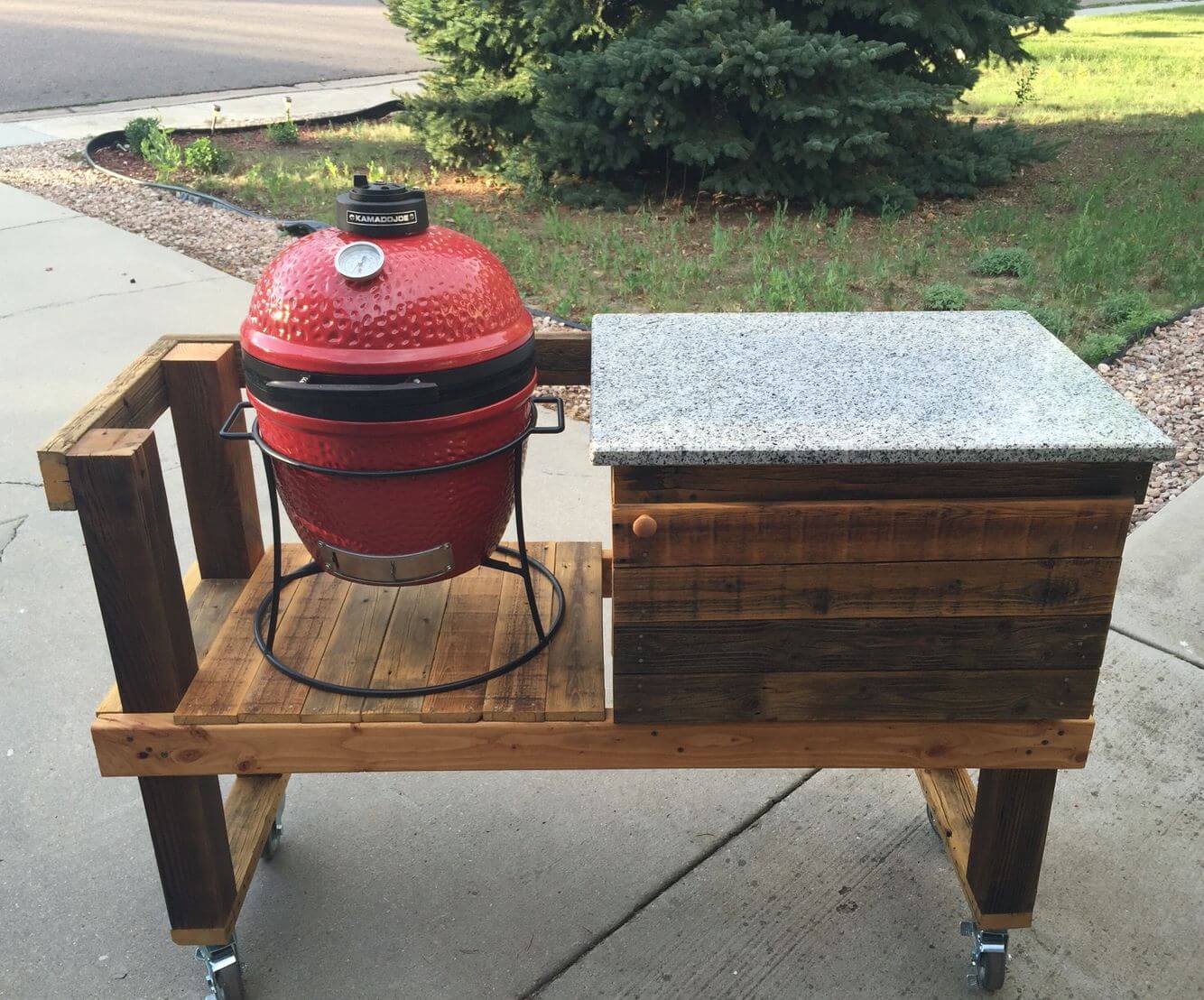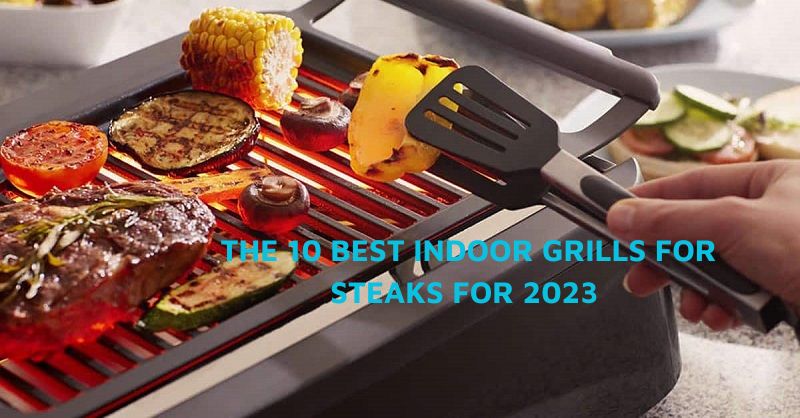
Why is grilling a hamburger a chemical change? (Explained)
Grilling a hamburger can make your summer a flaming pleasure. Place the meat patties on a hot, well-oiled grill over direct heat for about eight to ten minutes. As the heat rises up, you will see a gradual shift in the color of the parties. What is going on here? Is a chemical reaction taking place? Sunset Bar and Grill will answer it for you today.
Why is grilling a hamburger a chemical change?
So, why is cooking a hamburger a chemical change? Because, the chemical composition of the meat changes as the temperature rises. When you start cooking the party, combustion begins. The meat molecules are altered, resulting in the formation of a new meat or substance.
Grilling hamburgers involves a chemical reaction, as evidenced by four obvious symptoms. First, when you begin to cook the parties, the meat caramelizes and browns, causing the color to shift dramatically. Second, the cooked parties cannot be reverted to their original state. Third, the end result is a new compound with a different texture and flavor than the original form. Fourth, the scent of cooked meat is recognizable as a result of chemical changes.

What chemical reaction occurs when a hamburger is grilled?
As the temperature rises, the chemical composition of the meat changes. The antioxidants present in meat proteins are denatured by heat. It denatures proteins and breaks them down into amino acids, which then bond with the nearest sugar molecule, causing the “Maillard Reaction.”
The former process, among other things, will significantly alter the color of the meat, whereas the latter will harden the flesh in ways that normally increase flavor. As previously said, the simplest technique to detect a chemical change is to take the modified thing and try to recover the original item. If it is not possible, you have a chemical change.
Proteins and fibers are denatured or broken down, making digestion simpler. Fats are melted. Eggs are coagulated. Cooking causes a plethora of chemical reactions. Because the look, texture, and smell of the cooked food differ from the previous, the chemical makeup has altered into other compounds.
How can you tell the differences between physical and chemical changes?
In a nutshell, a chemical change results in the formation of a new substance, but a physical change does not. While experiencing a physical change, a material may change shapes or forms, but no chemical reactions or new compounds are created. A new compound is formed as a result of a chemical transition in which atoms rearrange themselves to create new chemical bonds.
It might be difficult to tell if a chemical or physical change happened in some situations. In that case, a chemical analysis of the starting and ending components is the method to tell for sure whether a change is chemical.

Frequently Asked Questions
1. Why does cooking cause a chemical change?
Rotting, burning, frying, and rusting are all examples of chemical processes that result in the formation of wholly new chemical compounds. For example, when wood is burnt, it produces ash, carbon dioxide, and water. A chemical change is typically indicated by a color change or the release of odor.
2. Is there a physical or chemical change when you chew a hamburger?
Chewing a hamburger results in a sequence of chemical and physical changes. When we place food in our mouths and chew it, it is broken down into tiny bits, allowing the stomach to digest it more easily. This is a physical change.
But what happens in the mouth is more than just a physical change, the presence of saliva causes an enzymatic breakdown of foods. This chemical reaction may sometimes be tasted as it occurs. When saliva and chewing motion break down your hamburger, you may taste the sweeter chemical change flavor.

3. What is the best way to cook a delicious burger on a grill?
Heat a gas grill to high or charcoal grill coals until they glow bright orange and ash over. Apply the oil on the burgers. Grill the burgers until the first side is golden brown and slightly scorched, about 3 minutes for beef and 5 minutes for turkey.
Cook for an additional 2-3 minutes for rare, 4-5 minutes for medium-rare, or 6-7 minutes for medium doneness. Remove from the grill and set aside for 5 minutes to rest and your hamburger is ready to searved.
4. What are some examples of chemical changes?
Some examples of chemical changes are burning wood, souring food, mixing acid and base, digesting, cooking an egg, heating sugar to form caramel, baking a cake, rusting of iron. Besides, you can see examples, such as evolving bubbles or releasing gas, absorbing or releasing heat, changing color, releasing an odor, inability to reverse the change…
5. What are some examples of physical changes?
Some examples of physical changes are crushing a can, melting an ice cube, boiling water, mixing sand and water, breaking a glass, dissolving sugar and water, shredding paper, chopping wood, mixing red and green marbles.
Besides, you can see examples, such as sublimation of dry ice, crumpling a paper bag, chopping an apple, mixing salt and sand, filling a candy bowl with different candies, vaporizing liquid nitrogen, mixing flour, salt, and sugar…
6. Can physical and chemical changes occur together ?
Yes, in certain cases, physical and chemical changes might occur concurrently. The burning of a candle is one such example. The wax in the candle melts and becomes liquid. This shows that the change is physical in form.
At the same time, the elements of wax, carbon and hydrogen, react with oxygen in the air to generate new substances. This indicates that a chemical reaction or change is also occurring.
Closing Points
How can cooking raw, red ground meat result in such a delicious reward? When you grill a hamburger, the color, texture, flavor changes and the scent becomes more noticeable, these processes are caused by chemical changes. Which are the signs to answer the question “why is grilling a hamburger a chemical change?”.
See more: Does sugar burn off when grilling?




